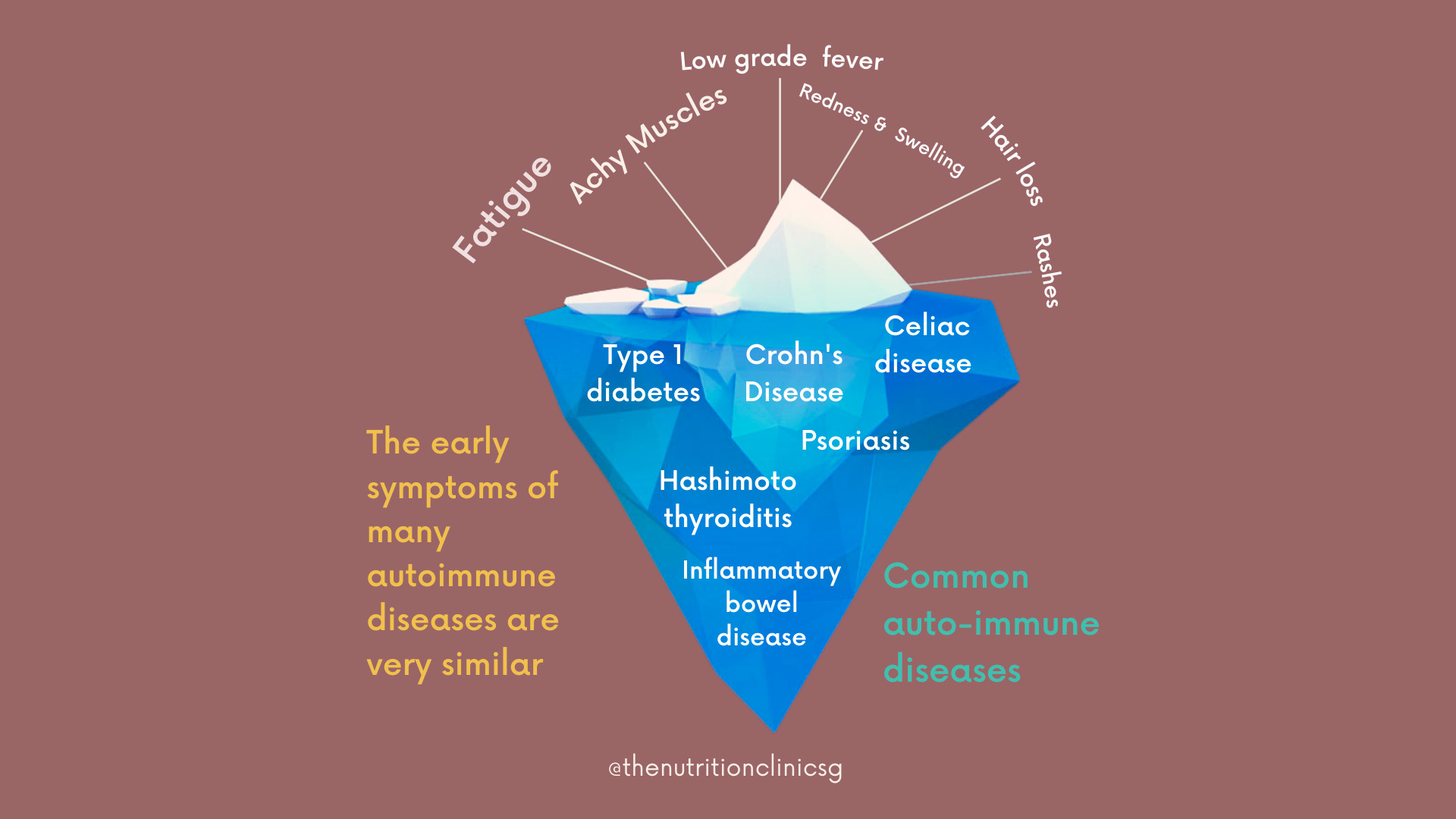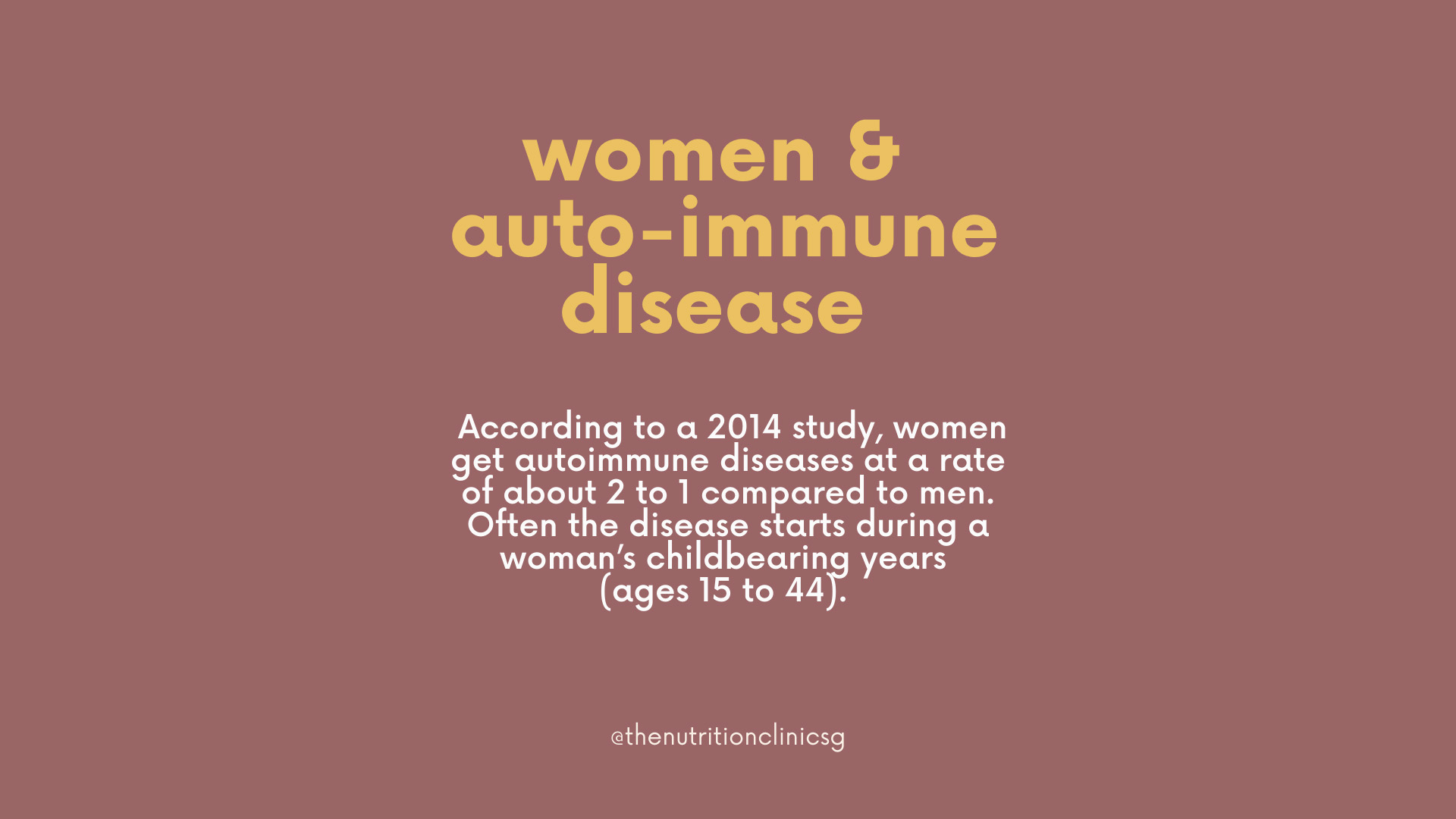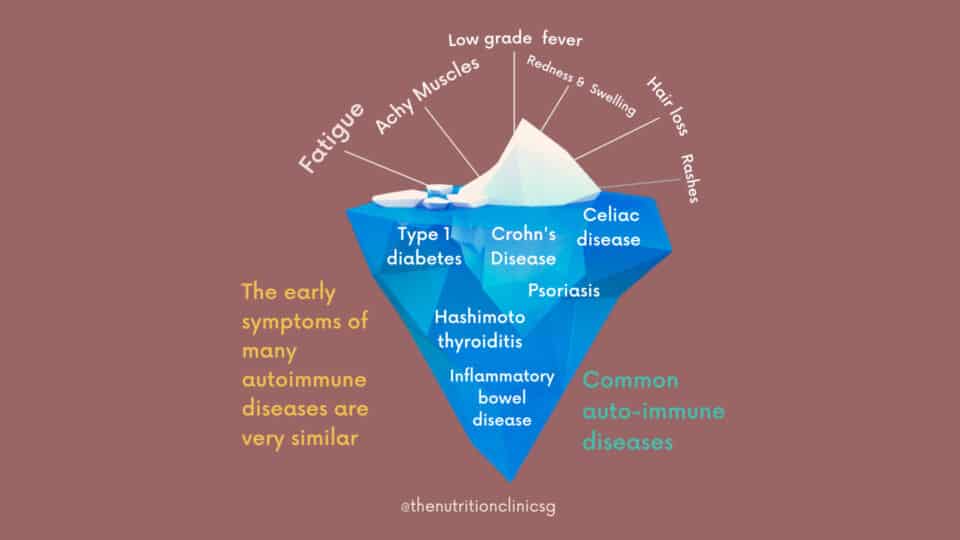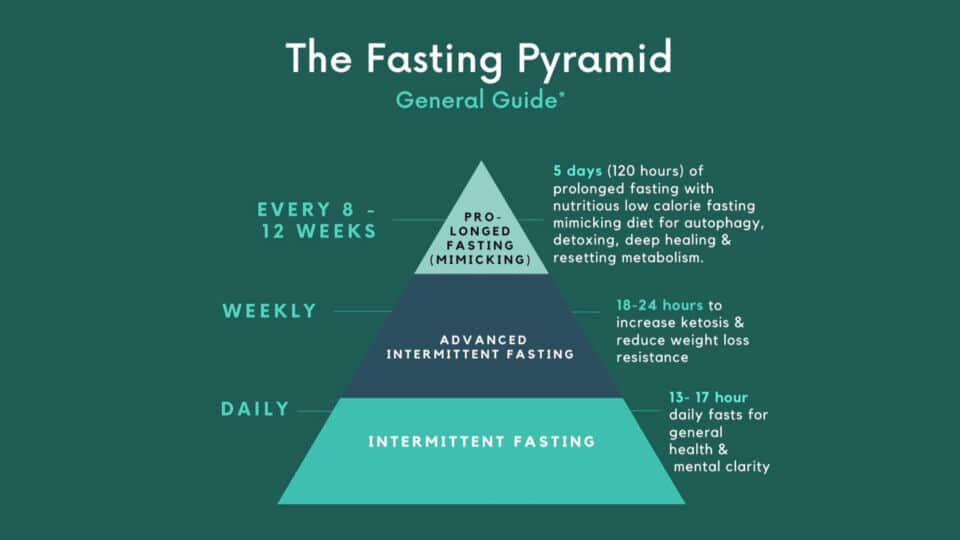Auto-immunity – what you need to know.

An autoimmune disease is a condition in which your immune system mistakenly attacks your body. The immune system normally guards against germs like bacteria and viruses.
The body is very good at having checks and balances in place – it has innate wisdom and is always doing what is in your best interest. But when the body starts attacking itself, you know that something has gone wrong.
Autoimmune diseases can affect nearly every part of the body. Scientists have identified more than 80 clinically distinct autoimmune diseases, with the most common autoimmune conditions being:
- Rheumatoid arthritis.
- Hashimoto’s autoimmune thyroiditis.
- Celiac disease.
- Graves’ disease.
- Diabetes mellitus, type 1.
- Vitiligo.
- Rheumatic fever.
- Pernicious anemia/atrophic gastritis.
- Psoriasis

While we know that studies show that women are more susceptible to autoimmune conditions, there hasn’t been enough evidence to pinpoint why.
While we know that is that inflammation goes hand in hand with autoimmune disease, don’t underestimate the significance of oxidative stress.
What is oxidative stress?
Oxidative stress is an imbalance of free radicals and antioxidants in the body, which can lead to cell and tissue damage, and oxidative stress can cause chronic inflammation and accelerate the ageing process.
Several factors contribute to oxidative stress and excess free radical production. These include:
- diet (inflammatory and gut disrupting foods)
- lifestyle (e.g high-stress workplace, anxiety, and burnout, body stress, poor sleep)
- certain conditions
- environmental toxicity such as pollution and radiation (We are exposed to toxins in the air we breathe, the water we drink, and on the foods that we eat)
Tackling autoimmune conditions
From a functional nutrition lens, rather than looking at the type of auto-immune disease, we focus on the underlying process that has led to imbalances and confusion in the body. A functional medicine approach to autoimmune disorders has the possibility of reversing the disease process by enabling your body to heal itself.
Through our decade of work, we’ve discovered that stress has consistently played a huge role in the onset of auto-immune conditions.
The body has innate wisdom and is not designed to make mistakes
And we’re not just talking about emotional stress. Physiological stress; pain in the body, infections, lack of sleep, and eating the wrong things can often trigger an auto-immune response. The other aspect we work on is the gut – with auto-immune conditions, there is almost always a gut-related issue.
Book a free 10-min call with our care team to learn more, read how we helped The Nutrition Clinic member Nisha with managing her autoimmune condition here.

